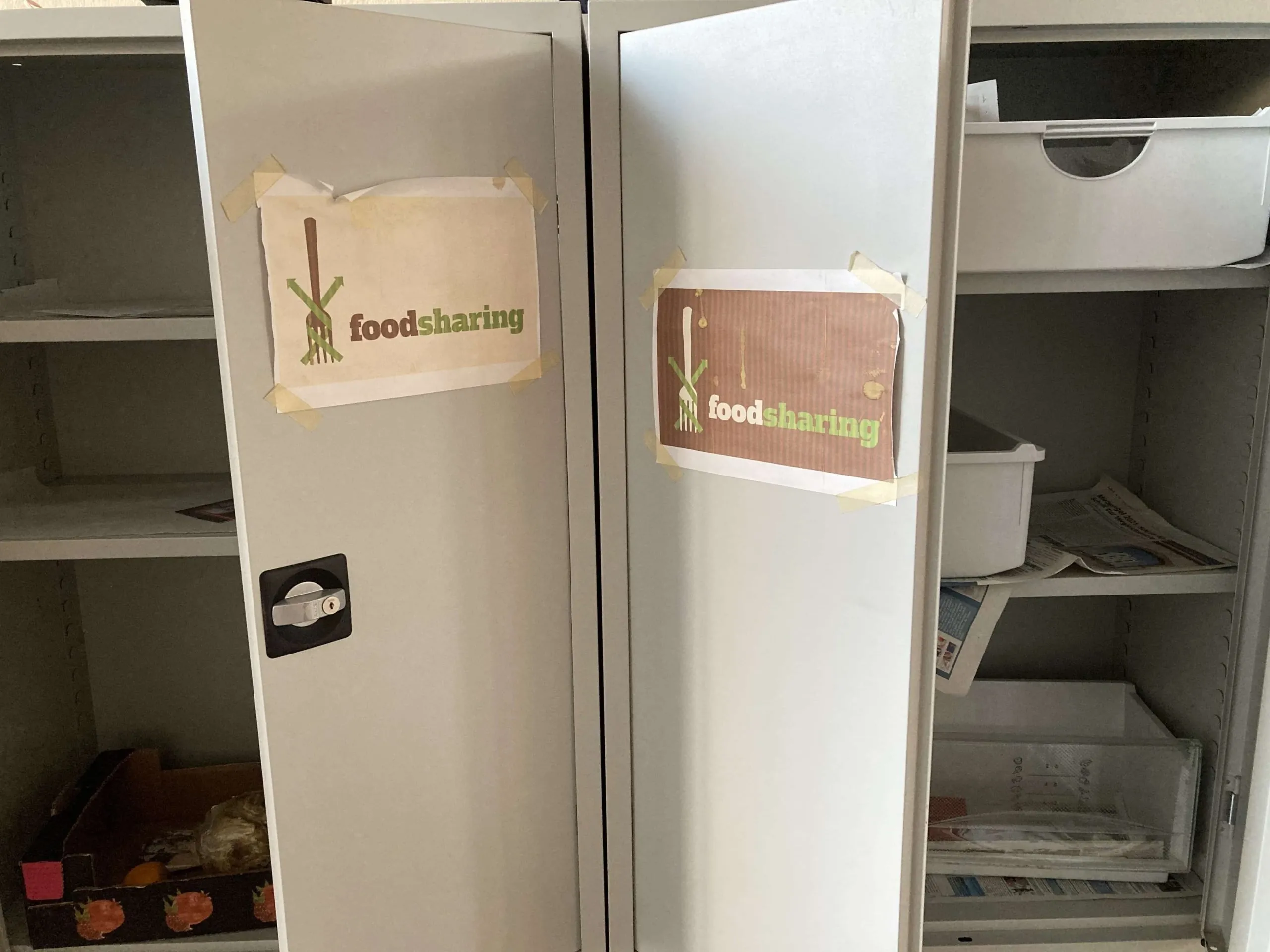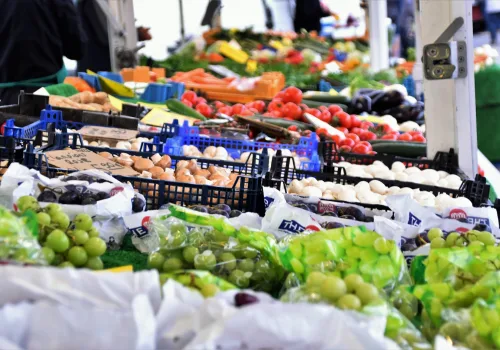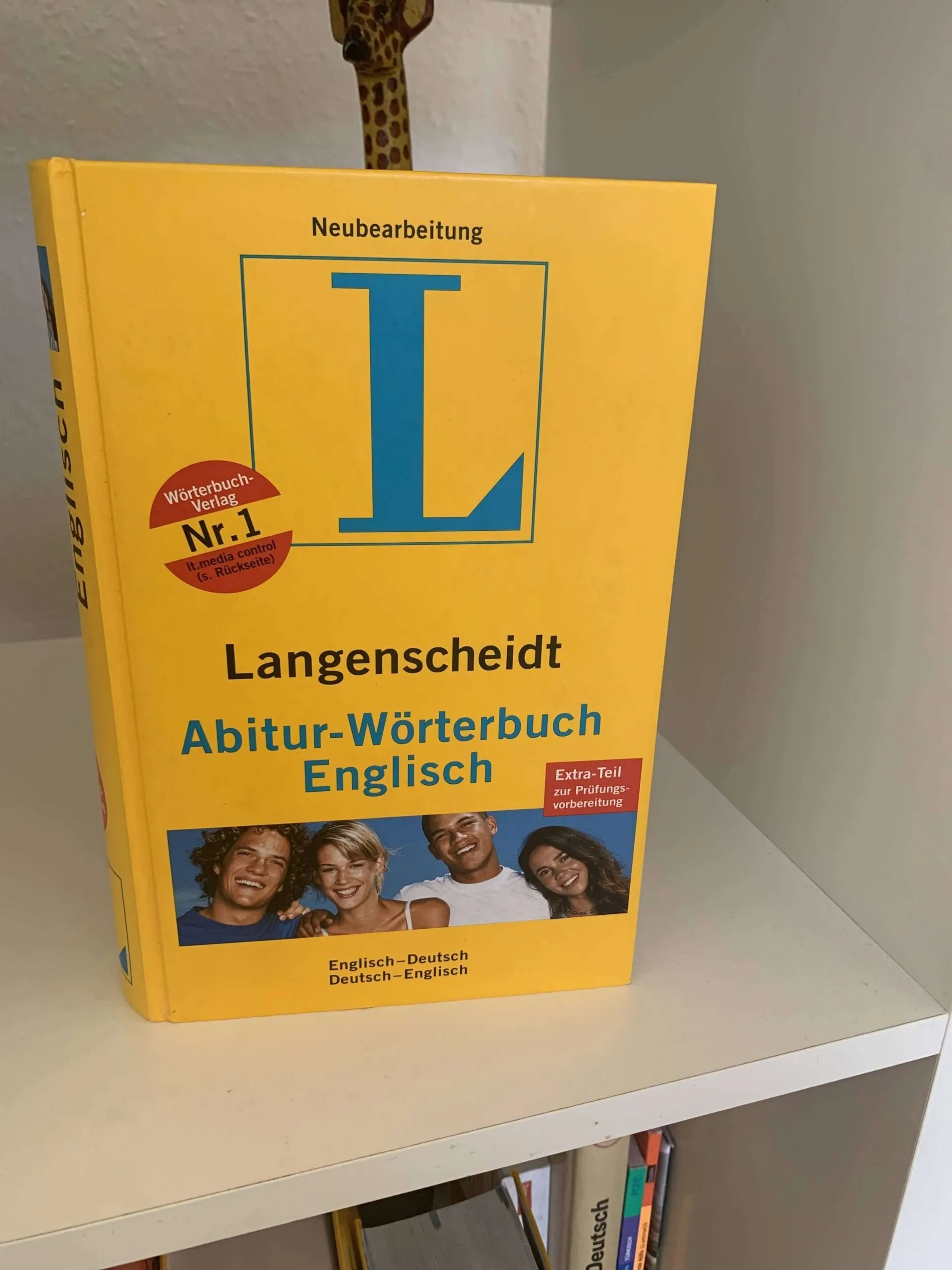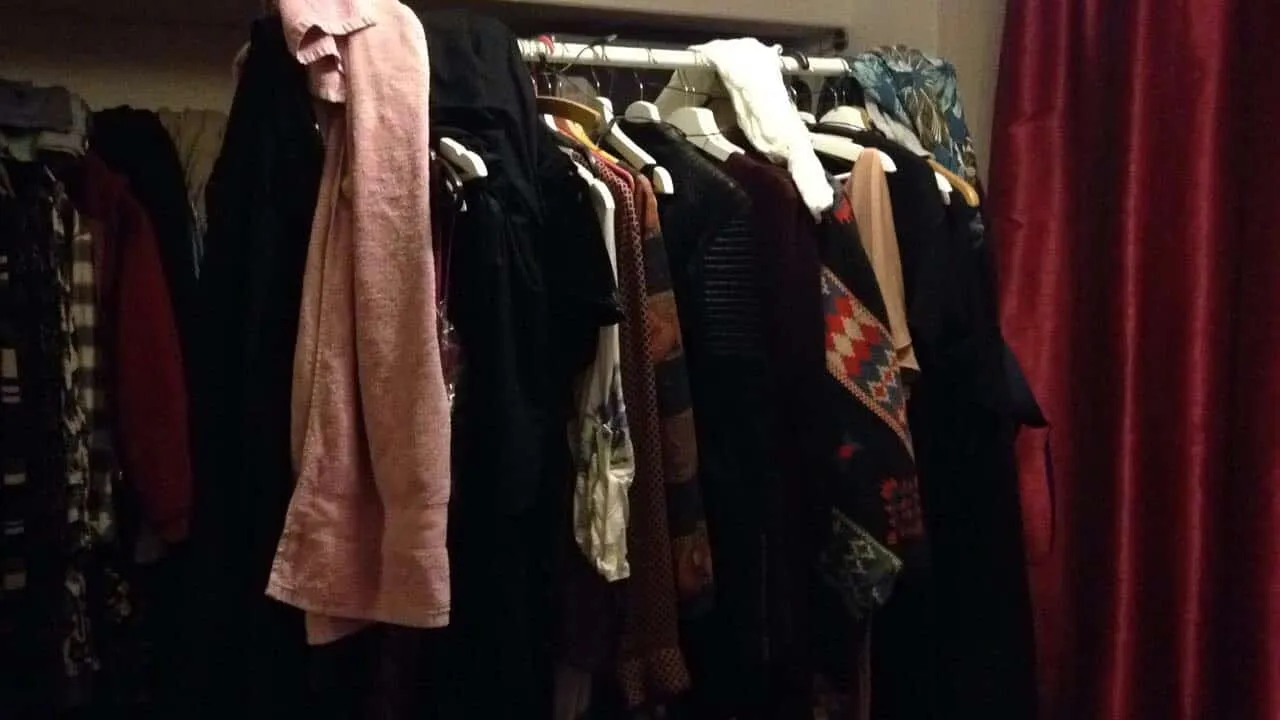Ever wondered what to do with all the food you have to throw away before you go away on a holiday? Perhaps you started making tomato sauce and somehow, you now have 10 litres of sauce on your hands that you just don’t need? Fear not, for in Berlin, all you have to do is find your nearest “fairteiler” or foodsharing shelf!
What is food sharing?
Foodsharing is a non-commercial initiative of rescuing food and sharing it fairly with people that are in need of it. It helps in salvaging rejected and unsaleable food produced in households, supermarkets, farms, bakeries and restaurants. This food is then made available to others for free or at a reduced price.
The movement started in Berlin in 2012, with just one supermarket. It has now grown into an international movement in Germany, Switzerland, Austria and other European countries. There are over 200,000 users and 4500 registered foodsharing companies.
Why foodsharing?
The amount of food wasted currently in the world is enough to feed every undernourished person on Earth. 11 million tonnes of food is thrown away in Germany every year. If this food can be redirected to those in need, it could ensure that all food that is produced is eaten. Giving food a second chance would also significantly increase the efficiency of the food production and consumption system.
Global food loss and waste generates about 8% of the total anthropogenic greenhouse gas emissions. Hence, wasted food is an environmental as well as a social concern. Wasting food is not only a waste of usable food but also an enormous waste of the energy and water that was required to produce, pack, transport and sell the food. It is also a waste of the land that could have been put to other uses. The WWF says, “if we stop wasting food, 11% greenhouse gas emissions from food systems can be reduced”.
According to the “National Strategy to Reduce Food Waste” which was recently adopted by the German cabinet, the per capita food waste at the retail and consumer level will be halved in Germany by the year 2030. Isn’t it time for us as expats to do our bit to contribute to this?
How does foodsharing work?
Foodsharing runs with the help of fairteiler shelves and/ or refrigerators in fixed spots of a city. Anybody can bring food and take it from the fairteiler shelves, free of charge!
Fairteilers can be found in easily accessible places such as in private or communal rooms, university campuses and in many more places in and around Berlin. The Fairteilers are displayed on a map for all users. Depending on where they are placed, some fairteilers are accessible round the clock while some have regulated opening hours. There are 29 fairteilers in Berlin and all sub-districts. Head over to the foodsharing website to find your nearest fairteiler in Berlin!
Foodsharing volunteers, also known as food rescuers or food savers are responsible for specific fairteiler shelves. The fairteilers are regularly restocked by food savers or like-minded people, with edible food. These shelves are accessible to everyone and the food can be picked up as and when people desire. Coordinating and networking of the food to be shared is mainly done through a single online website of foodsharing for all of Germany (with sub-groups in various cities).
What can be shared on foodsharing?
Quality control is ensured by the rule of food sharing, which is “to not pass on anything that you would not eat”. Some foods are not allowed to be shared such as raw egg dishes, raw fish and raw meat. Food that requires refrigeration like milk, yoghurt and meat are usually not shared on the shelves.
The hygiene plan and cleaning rules of the shelves and refrigerators is also observed in all cases and they are cleaned everyday by volunteers to ensure that only clean food remains in the shelves.

Businesses and organisations cooperating with foodsharing
Food sharers also pick up excess food from registered businesses like supermarket branches, fruit and vegetable traders, wholesalers, farms, weekly markets, bakeries, canteens, cafés, catering services etc. at a time and date that is previously agreed upon.
One or few specially trained foodshare volunteers (after completing a course online and answering a few questions) are responsible for the companys’ excess food that they would like to give away.
The volunteers take care of organizing pick-ups at regular time periods. They then distribute it within their community (their flatmates, friends or family) and excess food is placed in the fairteilers for anyone to use. Information about the collected food is also sometimes posted on social media so that the people that want it, can pick it up.
After handing over the excess food to the volunteers, full responsibility for it is taken over by the community for its further use. The business is hence able to reduce its food waste and the excess food disposal cost.
It is also highly desirable for the establishment as it would create a reputation of being a sustainable company that sets an example against food waste. If you are a company that would like to participate in this sustainable venture, check out the guidelines for companies to join food share!
Food baskets – Essenskörbe
Rather than finding a fairteiler to put your excess food, anyone can put out your own extra food as food baskets via the platform. You could also pick up food from other community members from here. It also applies, if for example, you have an apple tree with more apples than your family can eat, it can be posted as an “essenskorb” on the foodsharing website!
Festivals
Cooperating with festivals in the city, foodsharing volunteers also salvage excess food leftover from food stalls and other materials after the festival is over.
They also use this opportunity to make a statement against food and resource wastage and speak for sustainability in environmental and consumer issues. Workshops or lectures, film screenings and discussion rounds on the festival grounds are also organized for this purpose.
The foodsharing community
Foodsharing is an activity for environmentally conscious people who can spare a few hours of a week for a good cause. Judging by the rising number of volunteers here in Germany, it is gaining immense popularity. There is now even a foodsharing café called Raupe Immerstatt in Stuttgart!
The foodsharing community also holds demonstrations to promote awareness regarding sustainable food supply chains. A recent demonstration was “Wir haben es satt” or “We’re fed up with it”, in which conventional and organic farmers protested in solidarity with the society against the ill-effects of industrial agriculture.
In addition, they also organize social events like cooking events and foodsharing festivals in some cities (the last one was in Malzfabrik in the south of Berlin) where foodsharers meet and exchange ideas!
If you are passionate about becoming a food rescuer and joining a community of like-minded people, register as a volunteer now!
Other food-waste related initiatives in Berlin
In addition to foodsharing, there are a fair few other initiatives in Germany that tackle food waste. Available in all major German cities and small towns.
Olio
Olio connects people as well as local shops by sharing photos of excess food which is posted on the app. As a user, you can post a “food request” and arrange a pick-up through personal messaging.
Volunteers visit the registered stores every day from where they photograph the excess food which can then be picked up from their homes.
ResQ
ResQ offers a 50% discount on meals, leftover-groceries and ready-to-eat snacks that are not used by participating restaurants and retailers in Berlin.
Affordable food is listed on the app from which you can choose the deals you would be interested in and pick up the food from the place with next to no waiting time.
Sirplus
Another interesting venture is the German startup Sirplus that sells food that has passed its best before date at a reduced price. The food is procured directly from producers or wholesalers in their rescue markets in Berlin and sold on the online shop.
Conclusion
You can save food from getting wasted starting from our own homes with a few simple strategies such as
- freezing leftovers
- planning ahead
- buying only what you need
- blending or boiling over-ripe fruits and vegetables
- creating awareness about food waste within your community.
As the population of the world grows, one of the challenges in these times is to feed more people with what food is currently produced rather than to increase food production. So the next time that you have too much food and are about to dump it in the trash, consider sharing!











Leave a Reply